Table of Contents
Why Do Dogs Get Hiccups? Everything You Need To Know With More FAQs!
Humans are well aware of how annoying hiccups can be, but Why do dogs get hiccups, and is it common? Yep. Puppy hiccups are cute, and you can’t help but giggle at the expression a dog with hiccups makes when they hear themselves produce an odd noise!
If you are unfamiliar with puppy or dog hiccups, you may be concerned. Are hiccups in dogs normal? What causes hiccups in dogs and puppies? What can you do to stop them?
Read on to find out why do dogs get hiccups? how to get rid of dog hiccups, why they occur in the first place, and when you should take your four-legged buddy to the vet.
Can dogs get hiccups?
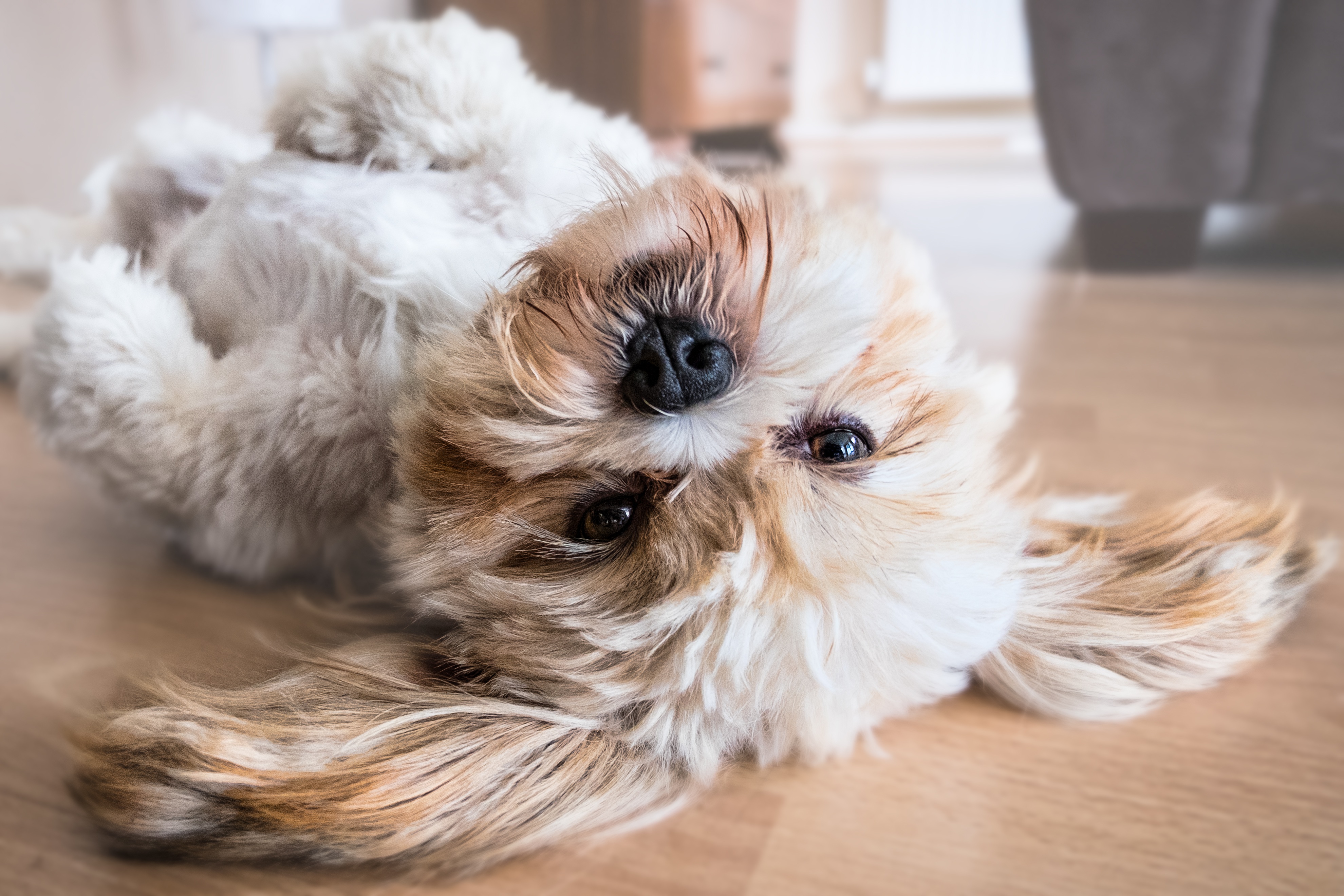
Yes, hiccups can happen to dogs. They happen a lot, and there’s nothing to worry about most of the time. Hiccups in dogs are a lot like hiccups in people. They occur when the diaphragm contracts on its own (the diaphragm is a muscle between the abdomen and the chest cavity).
When your Dog has hiccups, they take a deep breath and then stop suddenly, which can shake their stomach and chest and make a “hic” sound. The number of times a dog hiccups usually goes down as it gets older.
Why Do Dogs Get Hiccups?
Confused why do dogs get hiccups? A hiccup occurs when the diaphragm is inflamed, resulting in a brief, involuntary muscle spasm. The most common cause of this in dogs is excessive drinking or eating, which causes your Dog to consume air along with food or water. When air and food mix in your Dog’s stomach, it makes gas and irritates the diaphragm as the stomach moves and contracts to break down the meal. Excitement, tension, or panting also causes hiccups.
Puppies are more susceptible to hiccups than older canines. Puppies eat more quickly than adult dogs and are more lively and energetic; therefore, they consume more air. Gas buildup in the stomach can irritate the diaphragm.
Young dogs also have less fat in their abdomens, which means less padding around the belly to absorb some of its motions. Puppies breathe faster than adult dogs because their muscles are weaker and grow more quickly; this makes hiccups and diaphragmatic contractions more likely.
Scientists don’t know what causes hiccups or what they are for, but they know the most common things that cause them.
- Age: Hiccups are most common in pups, although they become significantly less common after 8 to 12 months. Because babies receive hiccups in the womb, some scientists believe they serve a purpose for puppies. It’s possible that hiccuping aids in the development of their lungs.
- Stress, fatigue, and excitement: When dogs are thrilled, they are more likely to have hiccups. Puppies are more prone to suffer hiccups than older, calmer dogs because they can’t handle their energy, tension, and excitement as effectively. Hiccups will become less as your Dog grows older.
- Eating or drinking too quickly is probably the most common reason both people and their pets get hiccups. When your Dog eats/drinks too fast, they may swallow air, which can cause them to hiccup.
The 10 Potential Reasons Why dogs Get Hiccups
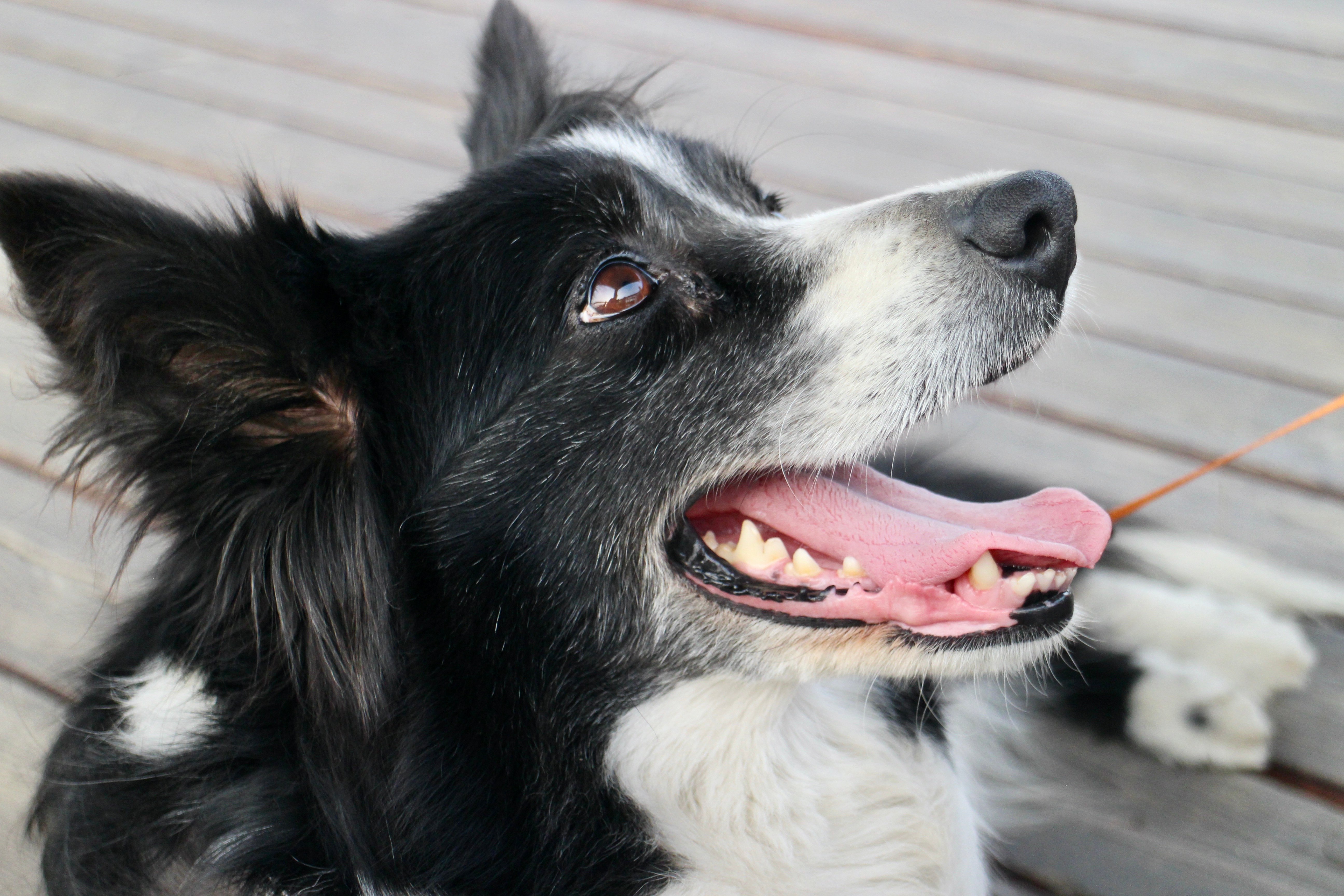
- Random diaphragm spasms
- Over-excitement
- Intense exercise and running around
- Stress
- Respiratory pattern changes
- Drinking too fast
- Eating too fast
- Overeating
- Ingesting large amounts of air
- Medical conditions
Do Hiccups Hurt Dogs?
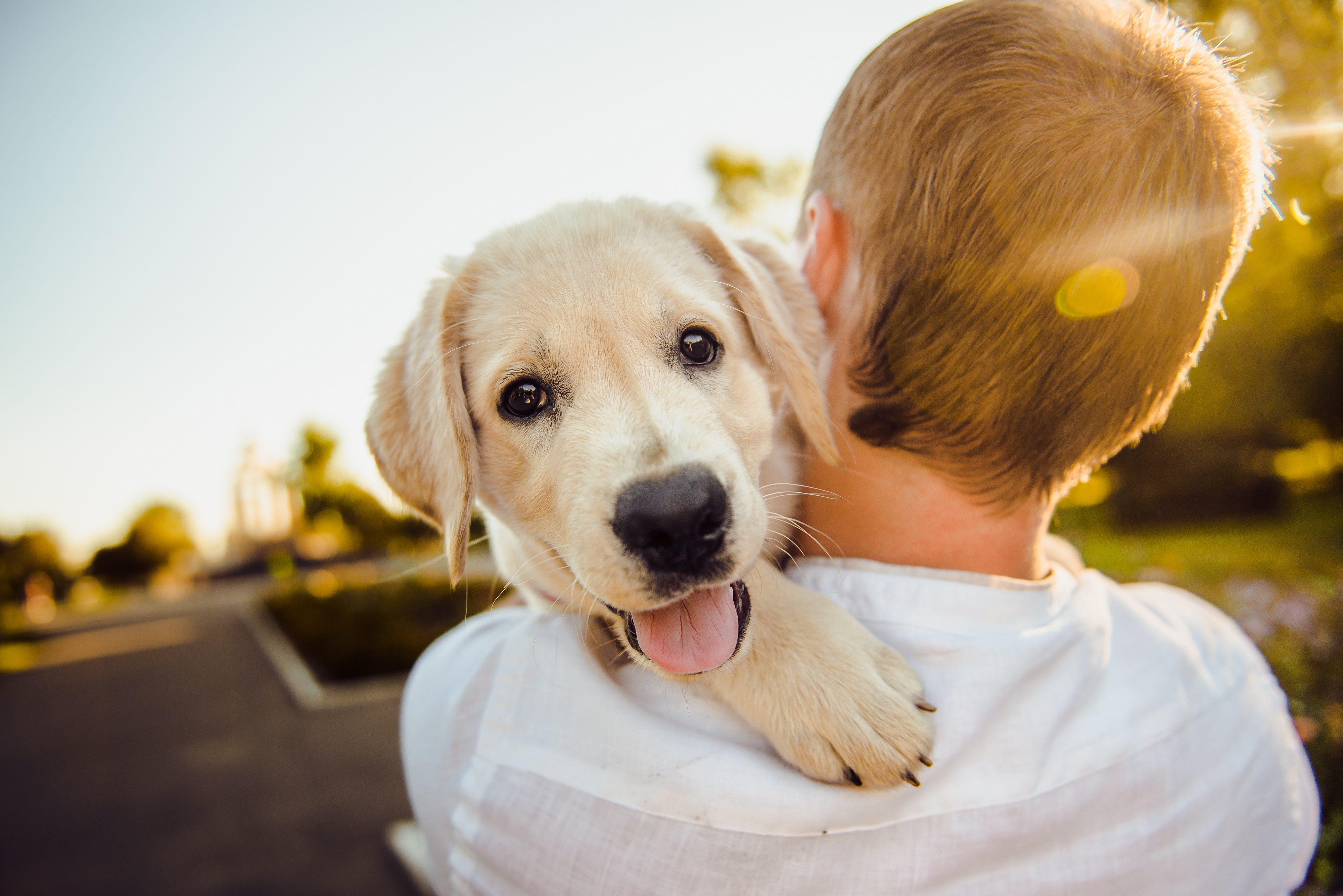
Hiccups are unlikely to give your Dog any pain or discomfort. Most hiccups subside within a few minutes and are little more than a nuisance to your Dog. During hiccups, most dogs remain quiet and show no signs of distress or discomfort. If your dog is pacing, panting, or acting upset a lot, or if they seem to be in pain in the stomach by stretching, turning to look at it, or showing pain when touched, you should take them to the vet.
Can You Stop Your Dog’s Hiccups?
It is hard to find a cure for hiccups in animals, just like it is hard to find a cure for people. There are many home remedies for getting rid of hiccups in humans, like gargling and holding your breath. Still, none have been scientifically proven to work in humans, let alone in dogs (imagine trying to teach a dog to gargle!). In the end, your Dog’s hiccups will stop on their own.
Why Do Dogs Get Hiccups Frequently?
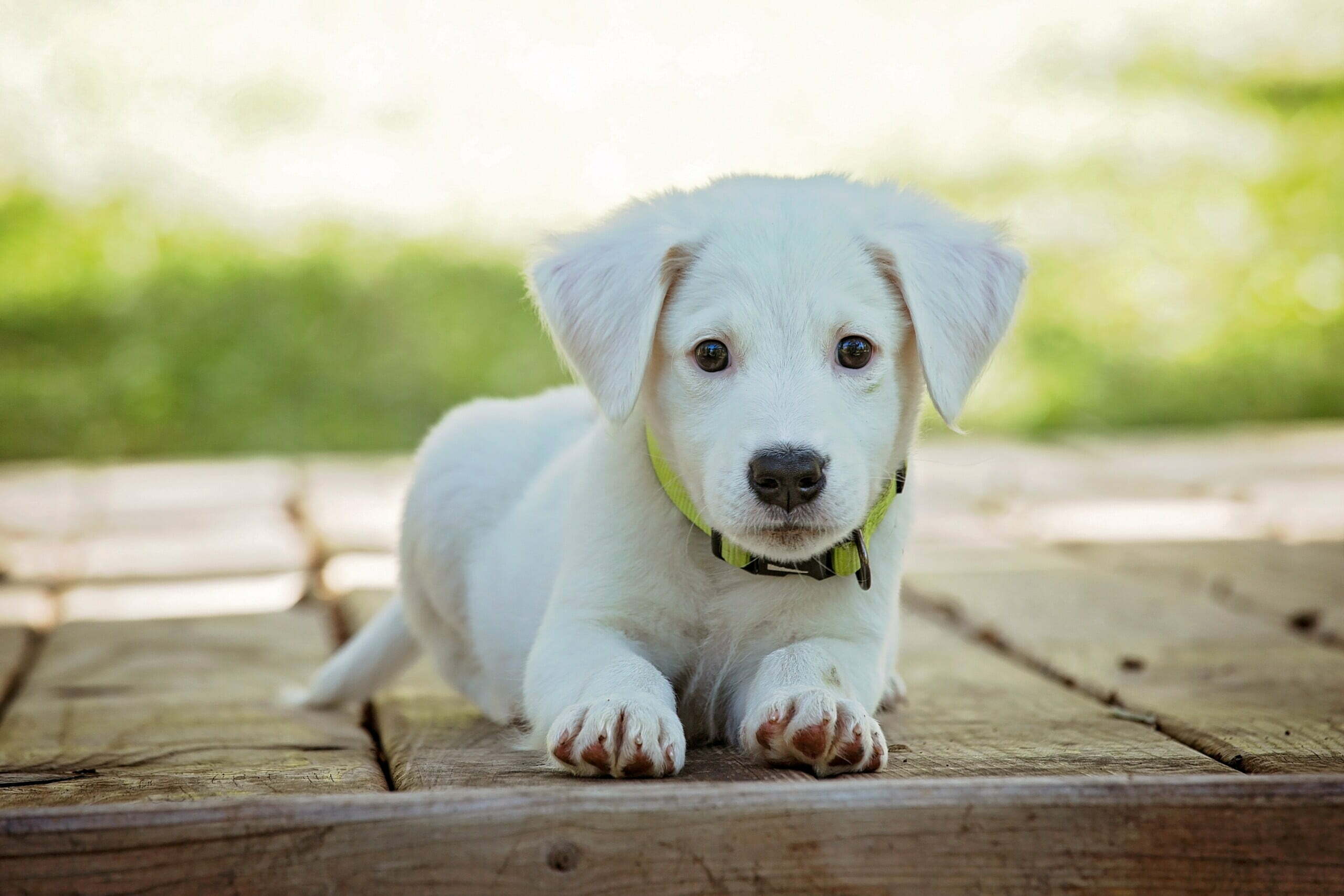
Puppies usually get hiccups once in a while. Adult dogs are much less likely to get hiccups than puppies. The idea is that puppies have a lot of energy and get too excited as they learn about the world and their surroundings, changing how they breathe. Puppies tend to drink water faster, eat faster, and run around more. All of these things make it more likely that they will get hiccups.
One other idea is that muscles and organs cause hiccups in their bodies that are still developing and growing. Some puppies get hiccups while sleeping and don’t even wake up. Even before they are born, puppies and fetuses of other mammals, like humans, can get hiccups. Scientists think this is some test of how the muscles in the lungs work. So, when you add these things up, you can see why puppies tend to get hiccups more often than adult dogs.
Why do puppies get hiccups?
Puppies get hiccups much more often than older dogs for many reasons, such as:
- Adult dogs tend to be calmer and less active than young dogs. Their breathing can easily be affected by quick bursts of energy, causing them to hiccup.
- Puppies also tend to eat and drink too quickly.
- Puppies’ organs aren’t as strong, and their digestive system isn’t as well developed as an adult dog.
- Puppy hiccups can also be caused by being too tired or too cold. That’s why hiccups happen more often in sleeping puppies than awake ones.
Which Dog Breeds tend to get hiccups more frequently.
Dog breeds with flat faces, like Bulldogs, Boxers, and Pugs, tend to get the hiccups more often. This is because their noses are shorter, and their airways are smaller, making it hard to breathe. So, if your puppy has a flat face, they are more likely to get hiccups often.
What Can I Do to Stop Dog’s Hiccups?

There are many ideas for getting rid of hiccups in humans, but it’s unlikely that many of them will work for our dogs. You probably can’t ask your Dog to hold his breath while counting to ten. It is not a good idea to scare your Dog. But what works?
Calm irregular breathing
If you help your Dog slow down their breathing, the diaphragm will move less and contract less. Get your Dog to lay down and chill out. Avoid exercise or excitement. You could give them a tummy rub to help them calm down.
Drink water
Drinking water will reduce gas in the stomach and allow the movements of the stomach to settle. Make your dog drink calmly and gently.
Slow down mealtimes
If your Dog gets hiccups because it eats or drinks too fast, try to slow it down. Spread your Dog’s food on the floor or use a slow-feeding dish to keep them from gobbling it all down.
Also, try these methods to get rid of dog hiccups.
If your Dog gets hiccups, you can try other things to get rid of them. Many of the treatments that help people also help dogs. Here are some common ways to do it:
- If you and your pup like to play hide-and-seek, try giving them a gentle “spook” from around the corner. Just be careful not to scare your poor Dog too much.
- A sip of water might help, but they should take their time drinking it. If not, they might swallow too much air and get hiccups again.
- Try giving them something sweet, preferably in liquid form, like water with a bit of sugar added. Hopefully, the sweetness might help them focus on something else and slow down their breathing.
- If that doesn’t work, try adding a little maple syrup, honey, or Karo syrup to see if that helps. These can coat the throat to make it feel better and take longer to breathe. Just make sure nothing you give your pet has Xylitol in it. This fake sweetener is used in many products for people, but it is poisonous to dogs.
- You can massage your Dog’s chest to help relax the diaphragm and get their breathing back to normal.
- Light exercise may also help like a slow walk because it changes how your pet breathes.
Keep in mind that the chest contractions can be pretty intense, so don’t give your pet foods that require a lot of chewing because they could choke on them.
Prevention is always better than a reaction. If your animal friend often gets hiccups, try to figure out why. If your Dog is always rushing to eat or drink, you might want to get them a slow dog feeder. You could also give your Dog a few smaller meals instead of two big ones throughout the day.
Also, think about how big their water bowl is. Different levels or heights of bowls can help the water go down more slowly and with less air getting in.
When Should You Worry About Dog Hiccups?
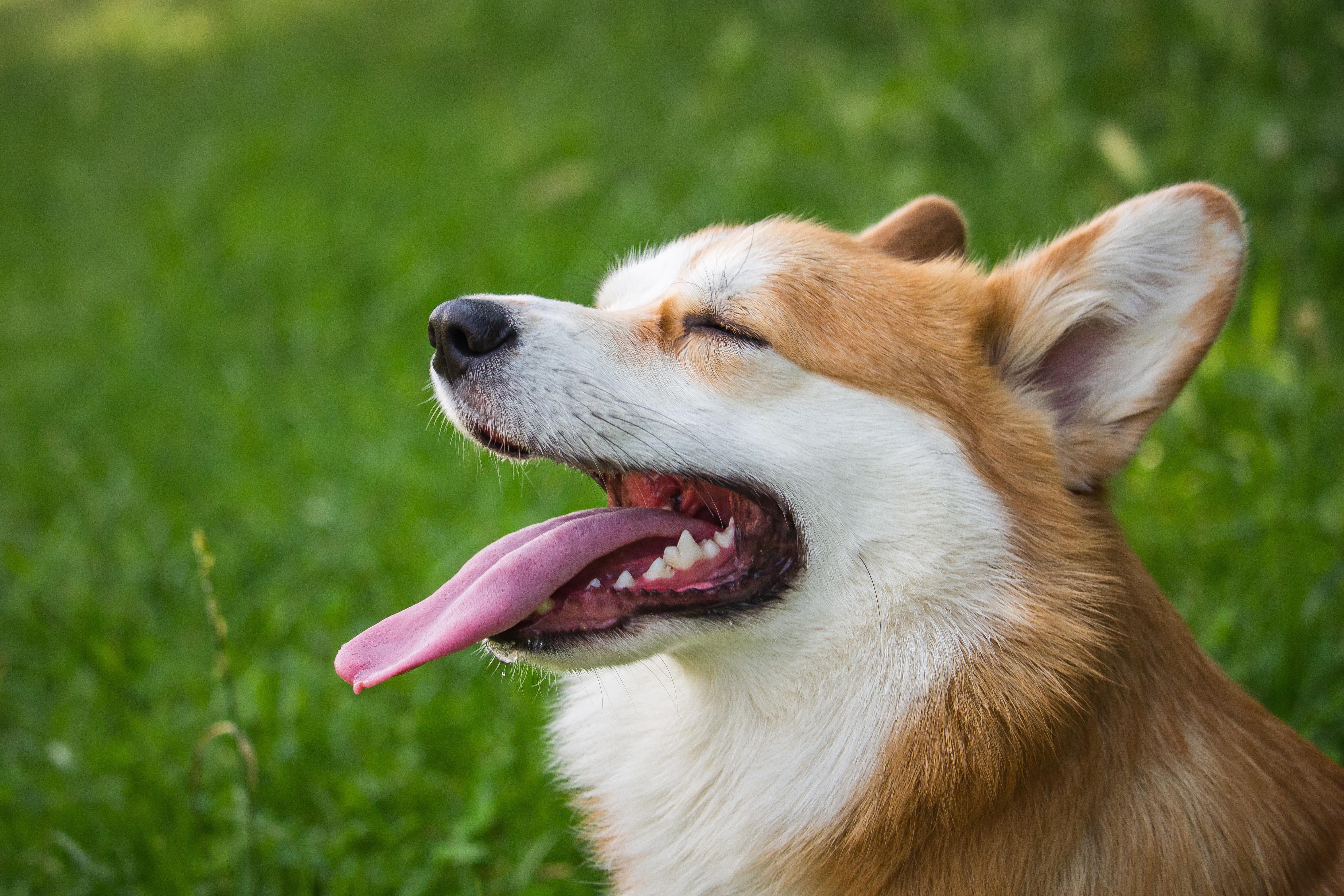
In sporadic cases, long bouts of hiccups or hiccups that come back often could signify that something is wrong.
If you see any of these below, you should take your pet to a vet as soon as possible:
Your Dog seems to be upset or in discomfort.
Stretching, pacing, panting, or repeatedly turning around to look at their belly can all be symptoms of abdominal pain.
Your Dog is drooling a lot.
This could be a symptom of nausea, stomach pain, or toxicity.
Your Dog is having trouble breathing because of the hiccups.
If your Dog’s breathing changes, such as getting harder or faster than usual, you should look into it. When your Dog has hiccups, you might also worry if he gets tired more quickly or can’t exercise.
Your Dog begins to puke after hiccupping.
This could indicate a gastric issue or a poison consumption.
Most cases of hiccups in dogs and pups do not necessitate medical attention. If you are distressed that your Dog is in pain or if hiccups are becoming a regular occurrence for your pet, a visit to your veterinarian may be in order.
Other potentially dangerous causes of dog hiccups include:
Respiratory issues: If hiccups are followed by other symptoms like sneezing, coughing, wheezing, or discharge from the nose, it could be a sign of asthma, bronchitis, or pneumonia.
Heatstroke: Heatstroke in dogs can also cause them to hiccup. This life-threatening condition can happen to any dog. Still, brachycephalic breeds like Pugs and Bulldogs are more likely to get it because their airways are narrow and their muzzles are short.
Pericarditis: Inflammation of the heart sac, or pericardium, which causes fluid to build up between the layers, and low body temperature (extreme lowering of the body temperature resulting from exposure to frigid temperatures for too long)
Gastric issues: If your dog is having diarrhea, vomiting, and bloody feces in addition to continuous hiccups, it could be an indication of a gastrointestinal (GI) condition. The same symptoms and general tiredness and aversion to activity can indicate a parasite infection. Roundworms and hookworms can potentially infiltrate your pet’s respiratory system. If your dog is still a pup, keep him on a de-worming schedule. They should be de-wormed as puppies at two, four, six, eight, and twelve weeks of age and then every three months.
Pro Tip: By getting pet insurance for your Dog, you can get up to 90% off treatments for conditions like parasite infections while they are still a puppy.
When you bring your puppy to the vet, they will most likely begin with a physical exam, bloodwork, and urinalysis. Depending on your pet’s preliminary results and clinical indicators, an abdominal ultrasound, chest X-rays, CT scan, and MRI may be indicated to discover the underlying cause of the odd hiccups.
Final words
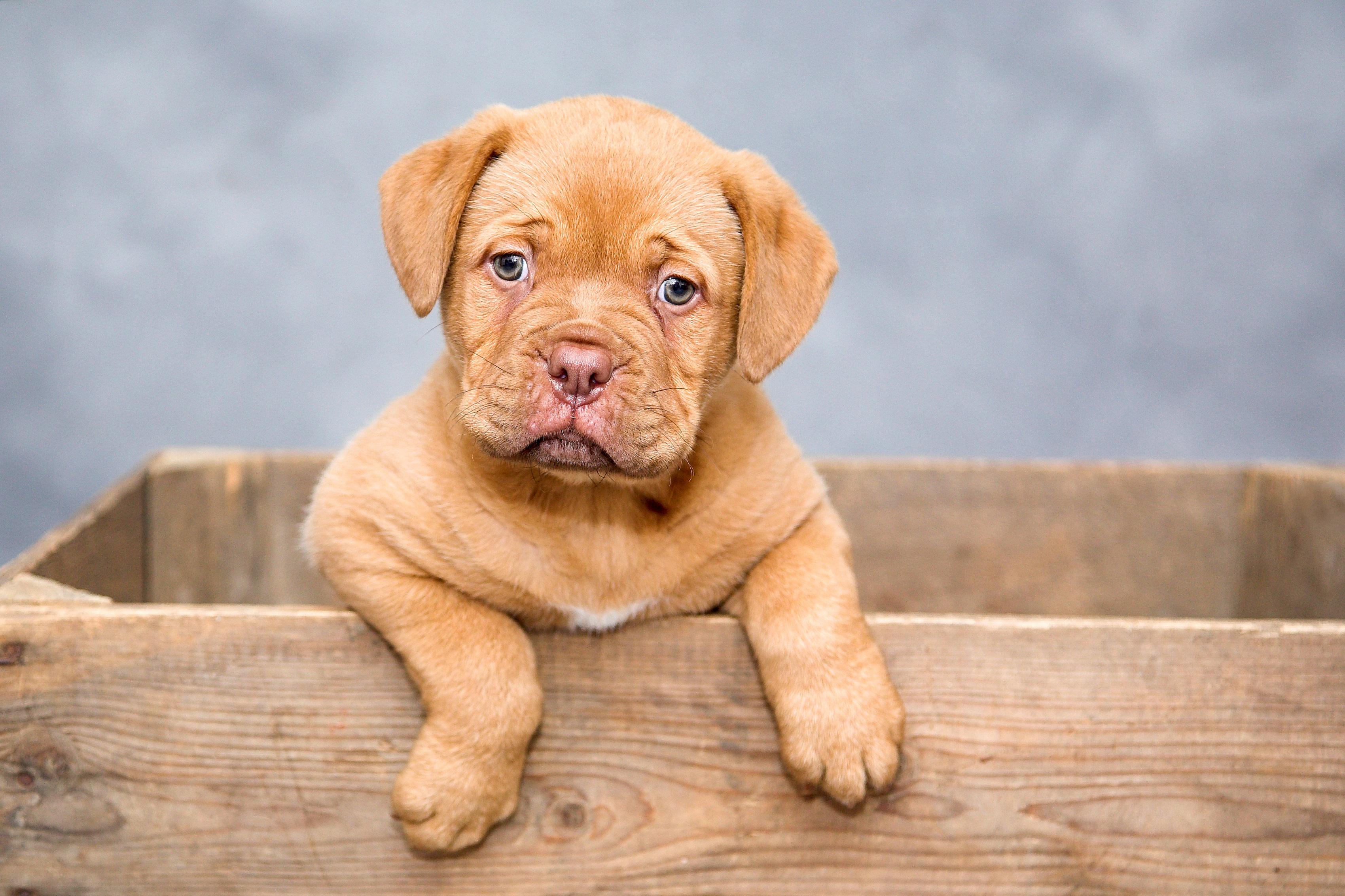
Hiccups are common in dogs. Puppies are more vulnerable to hiccups because they generally act and behave. Some breeds are more prone to illness than others due to their lung function.
Hiccups should occur on occasion and go away on their own. If your Dog has hiccups frequently or for more than an hour, it could signify one or more health concerns. In this situation, you should consider taking your pup to the vet to find out what’s wrong and what to do about it.
FAQs :
1. Do dogs get hiccups?
Suppose you’re wondering if dogs can get hiccups; yes. Dogs, like humans, can have hiccups! It’s their typical behavior. Dogs’ anatomy is remarkably similar to that of humans. Thus they get hiccups just like us. Hiccups in dogs are more common in puppies. As dog’s age, they experience fewer hiccups.
2. What causes dog hiccups?
An involuntary contraction of the diaphragm produces hiccups in your Dog. The diaphragm is a muscle located in your Dog’s chest that assists in breathing. Hiccups occur when the diaphragm contracts when it should not.
3. Why do dogs get hiccups?
Many theories have emerged as to why dogs get hiccups. The most typical explanation is that you ate too rapidly or swallowed too much air. However, there are other possible reasons for dog hiccups. According to the AKC and PetMD, dog hiccups could be caused by:
- Consuming food too quickly
- Excessive drinking
- Excitement
- Play with vigor
- Stress caused by stomach gas
- stomach ache
4. Are dog hiccups common?
Dogs often get hiccups. Most of the time, they happen to puppies younger than six months. Dogs don’t usually hiccup as much when they get older as they were younger. It doesn’t happen as often when a dog is an adult.
5. Why do puppies get hiccups, and are puppy hiccups normal?
It’s pretty normal for a puppy to hiccup. At some point in their lives, most puppies will get hiccups. Most times, these episodes only last a few minutes. They can be caused by eating too quickly, having a gas, or being excited. As your puppy gets older, the hiccups will likely happen less often. Most of the time, hiccups in a puppy are nothing to worry about, but it’s always an excellent idea to talk to your vet if your puppy has them. Getting a video of the hiccups can help your vet figure out that your puppy is having puppy hiccups.
You’ve probably also had a few accidents if you have a puppy. Check out Alpha Paw’s Magic Pee Pads. They have a pheromone attractant built in that makes your Dog want to go to the right place, making it easy to clean up. These puppy pads also have a dry-lock polymer core that turns liquid into gel. This keeps messes in place and keeps floors dry.
6. Do puppies get hiccups?
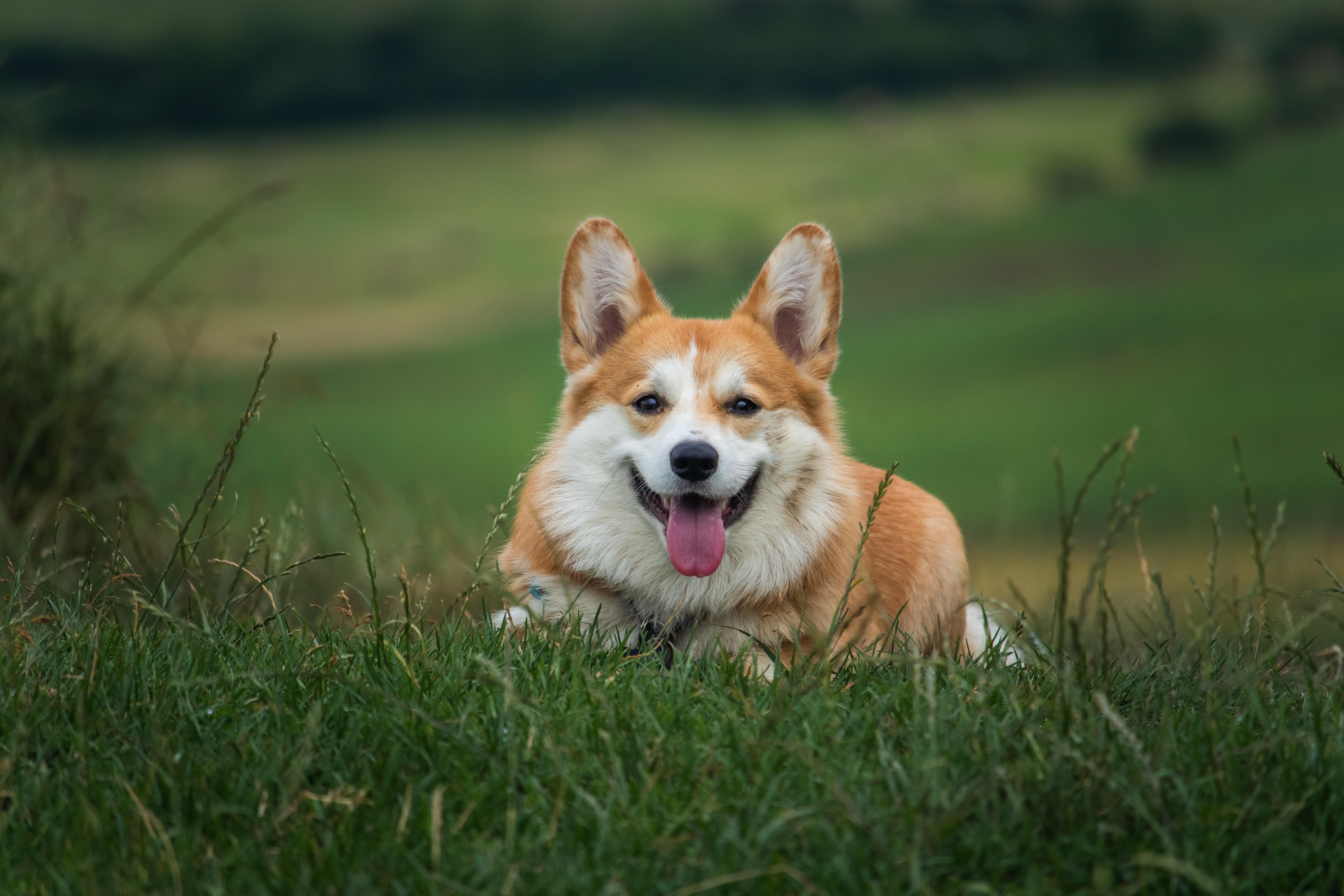
Puppies of all ages, from newborns to 6-month-olds, are susceptible to hiccups. Hiccups are significantly more common in small puppies than in adult dogs. Nearly all puppies experience them during their growth. Puppies have hiccups even before being born while still in their mother’s womb.
Fun Fact: This also happens in humans and other mammals. While the cause is unknown, the belief is that hiccups are caused by the body checking the muscles involved in breathing.
Dog Hiccups Symptoms
If your Dog has hiccups, you will hear a brief “hic” sound. It sounds like a hiccup in people. Dogs usually have more than just the “hic” sound when they have hiccups. Still, if your dog is coughing, sneezing, vomiting, not eating, or has diarrhea, this could indicate a more severe problem. The “hic” sound may occur multiple times for a few minutes.
7. How long do dog hiccups last?
Most times, a dog’s hiccups only last a few minutes. The hiccups can sometimes go on for 10 to 15 minutes. A dog’s hiccups don’t last longer than an hour most of the time. If your Dog’s hiccups last more than an hour, you should talk to a vet.
8. How to Stop Dog Hiccups
Most dogs will get over their hiccups on their own in a short amount of time. You don’t need to try to stop the hiccups. You can give your dog a drink of water or take it for a short walk to see if that helps. If you notice that your Dog gets hiccups because they eat too fast, try giving them food from a slow feeder dog bowl. You could also try scratching and petting your Dog’s belly to see if that helps.
9. When should you call a veterinarian?
Talk to your vet when your Dog shows new or strange symptoms. Since hiccups in dogs could be mistaken for a cough, choking, or reverse sneezing, you should always talk about any new symptoms your Dog is showing. Taking a video of your Dog’s problem can help your vet figure out what’s wrong. If you’re unsure what’s wrong, especially if the hiccups last more than an hour, you should talk to a vet.
10. Are dog hiccups normal?
Hiccups in a dog are a pretty normal sign most of the time. They seem to happen a lot with puppies. Dog hiccups shouldn’t last more than an hour, so it’s important to talk to your vet if they’re happening for long periods or affecting your Dog’s quality of life. If you are also vomiting, having diarrhea, coughing, losing your appetite, or feeling tired, this could be a symptom of a severe underlying condition.

